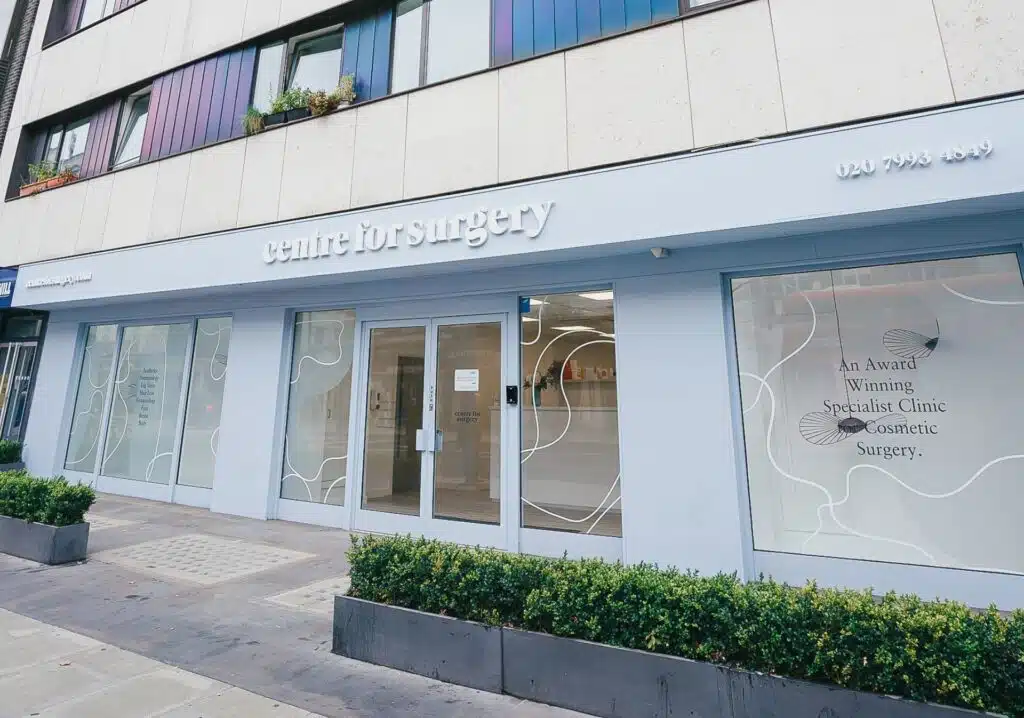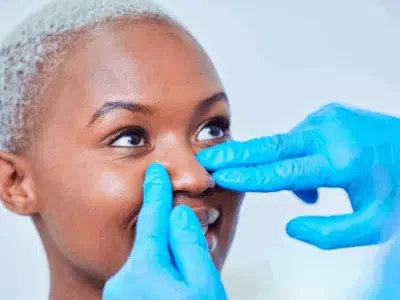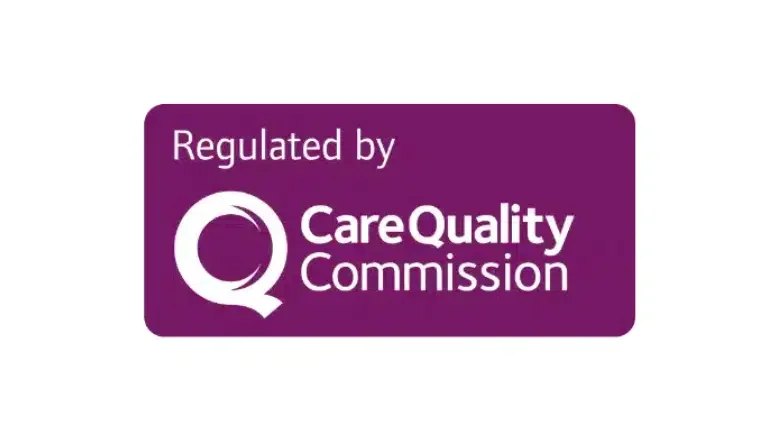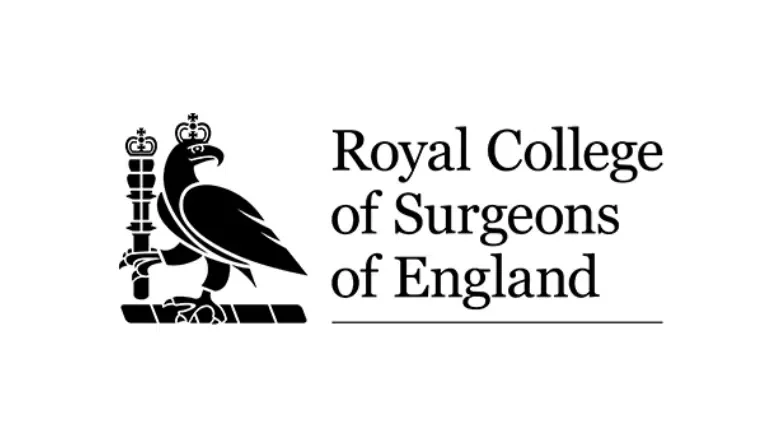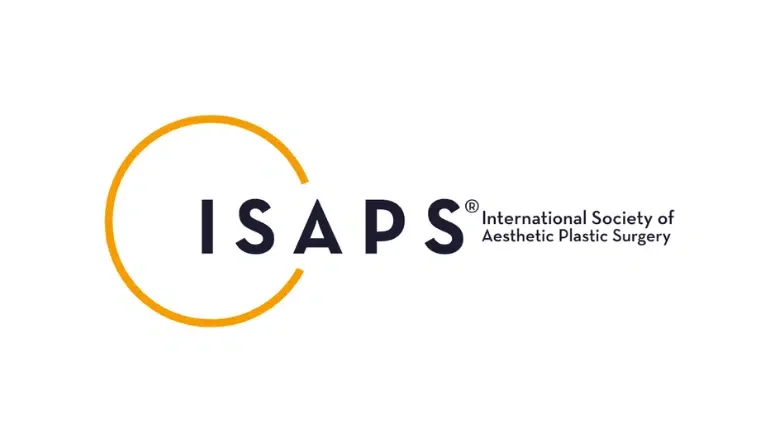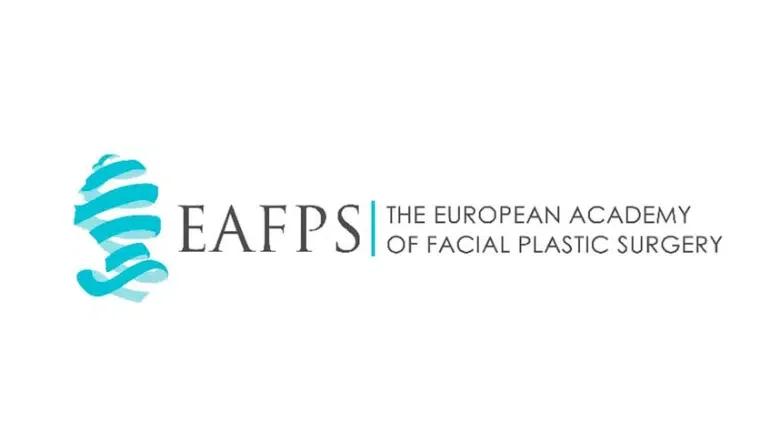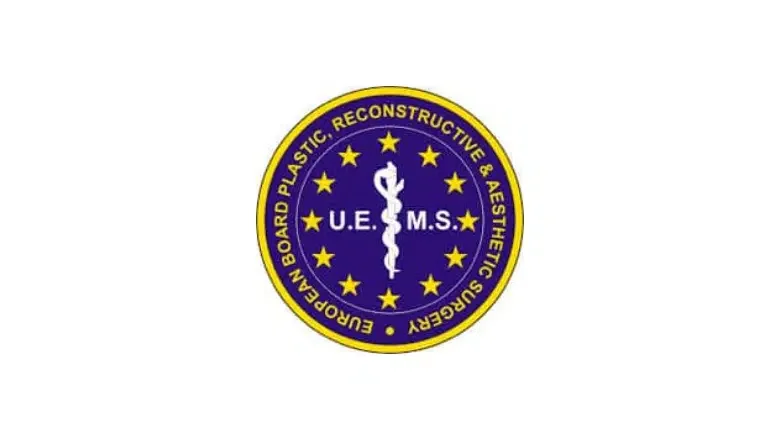Rhinoplasty, commonly known as a nose job, is one of the most popular cosmetic surgeries in the UK. However, it’s interesting to note that patient satisfaction levels tend to be lower when compared to other procedures like breast augmentations or tummy tucks. Recent data from the UK’s cosmetic surgery sector reveals that while rhinoplasty enjoys around a 90% satisfaction rate, this figure slightly trails behind the 96% for abdominoplasties (tummy tucks) and 98% for breast augmentations (boob jobs).
This difference in satisfaction levels can be attributed to a couple of key factors. Firstly, rhinoplasty is a technically challenging procedure. Surgeons must navigate the intricate structures of the nose with precision, making it a complex operation. But another, perhaps more significant factor, is the patient’s expectations.
For many who choose rhinoplasty, dissatisfaction with their nose has been a long-standing issue. The nose, being a central feature of the face, often becomes a focal point of personal discontent over the years. Thus, when patients finally undergo surgery, their anticipation and expectations are exceedingly high. This heightened expectation can sometimes lead to a gap between what they envisaged and the actual outcome, even if the surgical result is objectively successful. Additionally, adapting to the change in appearance post-surgery can also take time, leading to an initial period of discomfort or uncertainty about the decision.
Ensuring Alignment with Your Surgeon: The Critical Role of Rhinoplasty Consultations
The consultation process at Centre for Surgery in London takes on an exceptional significance for those considering rhinoplasty. This initial meeting is much more than a routine part of your cosmetic surgery journey; it’s a pivotal moment for both you and your surgeon. During this consultation, you have the opportunity to clearly articulate your desires and concerns regarding your appearance. It’s a chance for you to share what aspects of your nose you’re unhappy with and what you hope to achieve through surgery.
On the other side of this conversation, your surgeon plays a crucial role. They assess whether your expectations align with what can realistically be accomplished through rhinoplasty. This evaluation is not just about the physical aspects of the surgery but also about ensuring that you and your surgeon have a mutual understanding and agreement on the anticipated results.
An important tip for prospective patients is to balance research with open-mindedness. While it’s beneficial to come informed about the procedure, remaining receptive to your surgeon’s professional advice and expertise is equally vital. They might present possibilities or limitations you hadn’t considered. This open dialogue ensures that you and your surgeon are on the same page, setting the stage for a successful outcome that meets your expectations and enhances your confidence in your decision to undergo rhinoplasty.
What Conditions Can Rhinoplasty Target?

